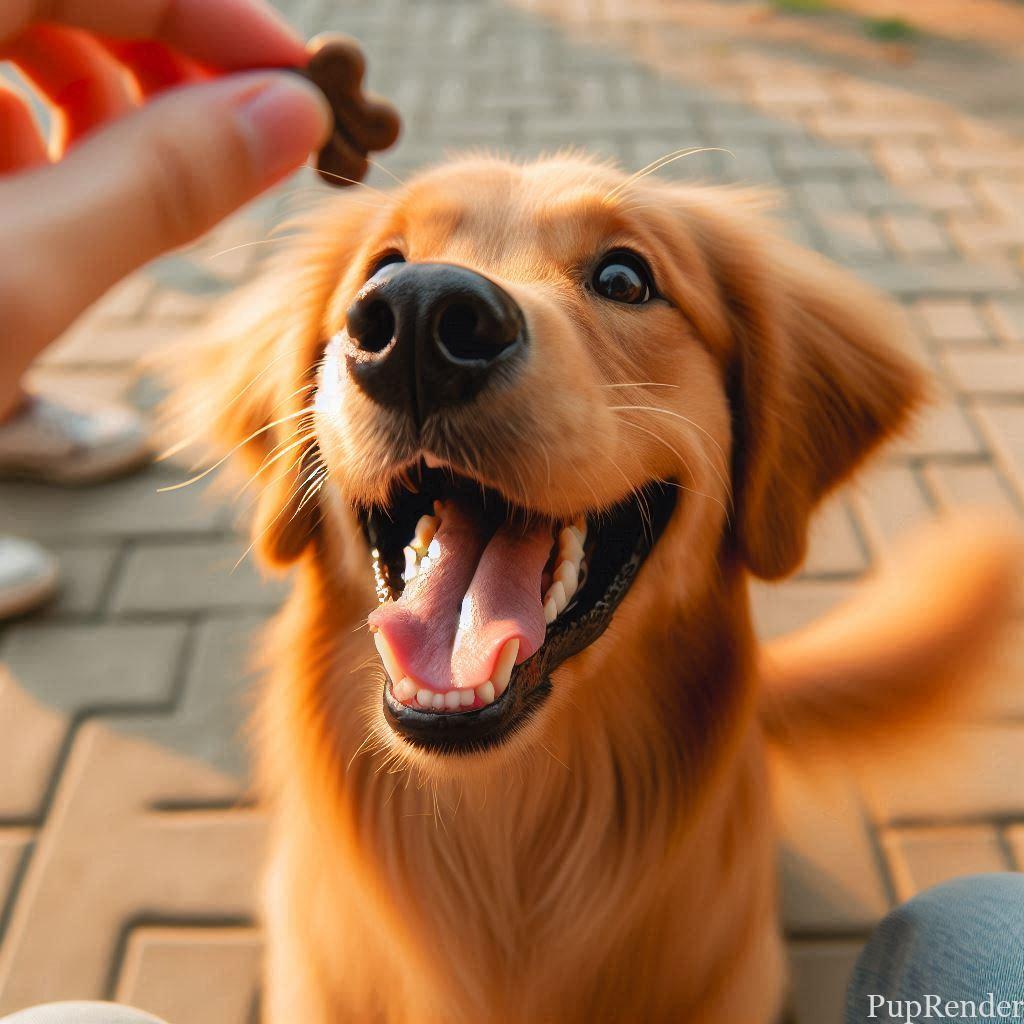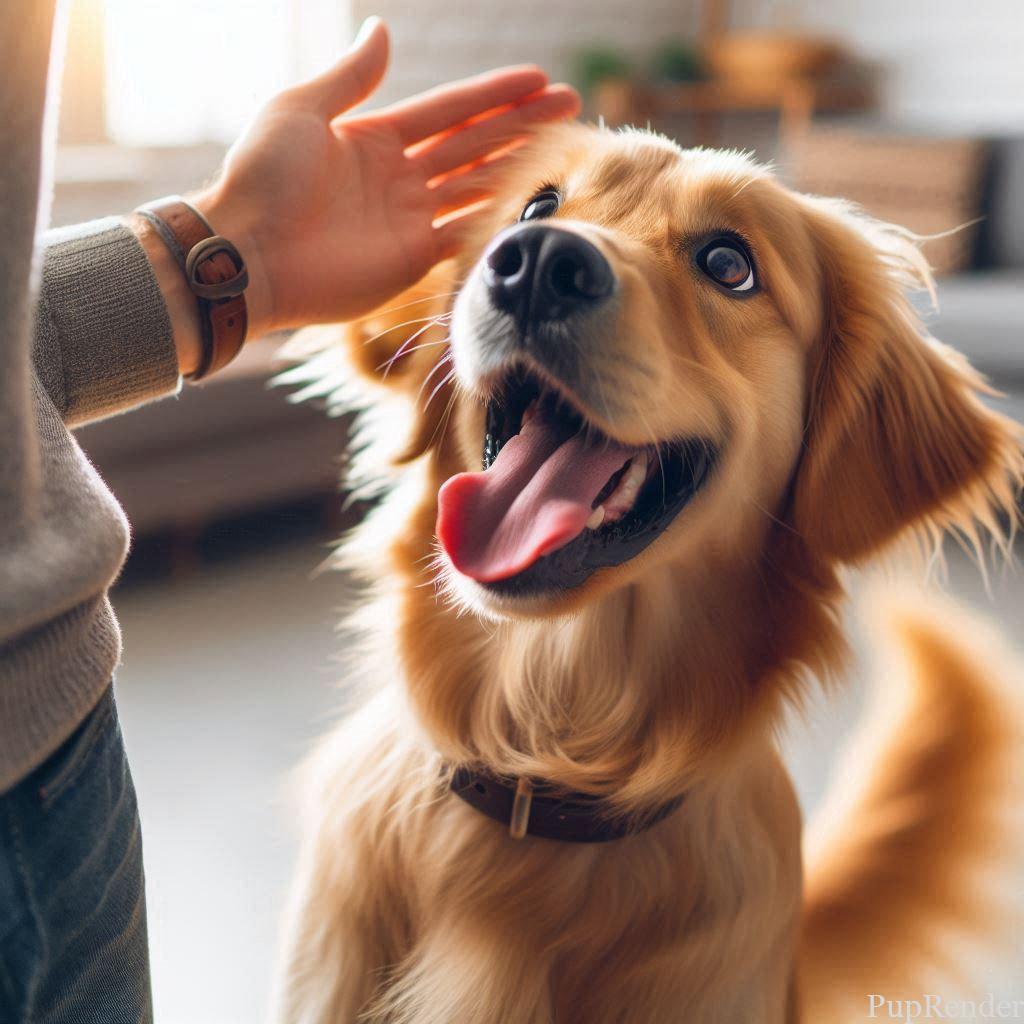The Most Common Dog Training Mistakes to Avoid
Training your dog can be one of the most rewarding experiences for both of you. However, many pet owners unknowingly make mistakes that can hinder their furry friend’s progress. In this post, we will discuss the most common dog training mistakes to avoid, ensuring your dog is set up for success from the start. By learning these pitfalls, you can avoid frustration and build a stronger bond with your pup.
1. Inconsistent Training
One of the most frequent mistakes dog owners make is inconsistency in training. Dogs thrive on routine and repetition. If you only train sporadically or frequently change commands, your dog may become confused and less likely to obey. Remember, consistency is key!

2. Lack of Patience
Patience is crucial when it comes to dog training. Dogs, especially puppies, have short attention spans. If you become frustrated or impatient, your dog may become anxious or scared, which can derail the entire process. Keep calm, and remember that every dog learns at their own pace.
Ultimate Dog Training Tips No One Told You
3. Not Using Positive Reinforcement
Many pet owners overlook the power of positive reinforcement. Dogs respond best to rewards such as treats, praise, or playtime. Avoid using punishment or negative reinforcement as it can create fear and anxiety, leading to behavioral problems. Instead, focus on rewarding your dog for good behavior.

4. Overlooking Socialization
Socialization is vital for a well-behaved dog. Dogs need to be exposed to different environments, people, and other dogs to develop confidence and prevent fear-based behaviors. Make sure your dog has plenty of opportunities to interact with the world around them from an early age.
The Benefits of Socializing Your Dog Early
5. Expecting Too Much, Too Soon
It’s easy to get excited about training and expect your dog to learn quickly. However, setting unrealistic expectations can lead to frustration for both you and your dog. Remember, training takes time, and each dog progresses at their own pace.
6. Ignoring Body Language
Dogs communicate a lot through their body language. By paying attention to signs such as tail position, ears, and eyes, you can understand how your dog is feeling and adjust your training accordingly. Ignoring these signals can lead to stress and resistance in your dog.

Understanding Your Dog’s Body Language
7. Not Seeking Professional Help
If you’re struggling with training, don’t hesitate to seek professional help. A qualified dog trainer can provide guidance and techniques tailored to your dog’s specific needs. Sometimes, an expert’s perspective is all you need to overcome a training hurdle.
Find a Certified Professional Dog Trainer
8. Forgetting to Have Fun
Training should be fun for both you and your dog! Make sure to keep sessions light, positive, and enjoyable. Incorporate games, toys, and plenty of praise to make learning exciting for your furry friend.





